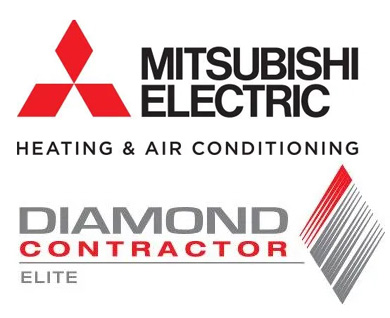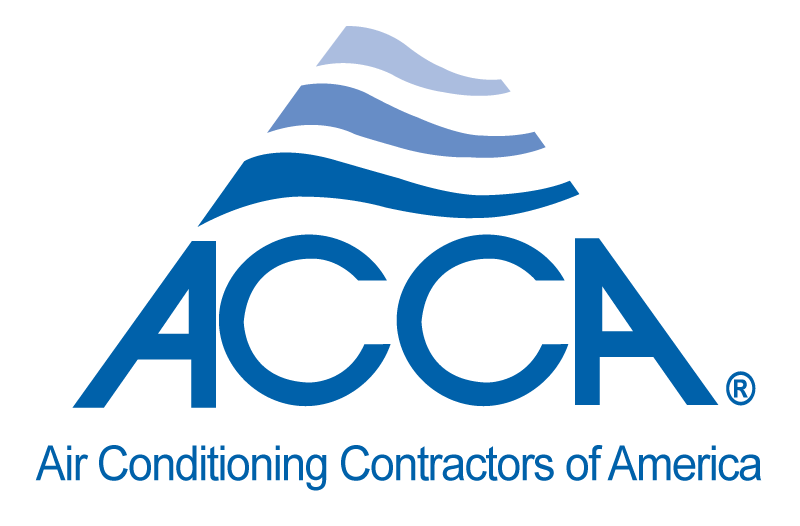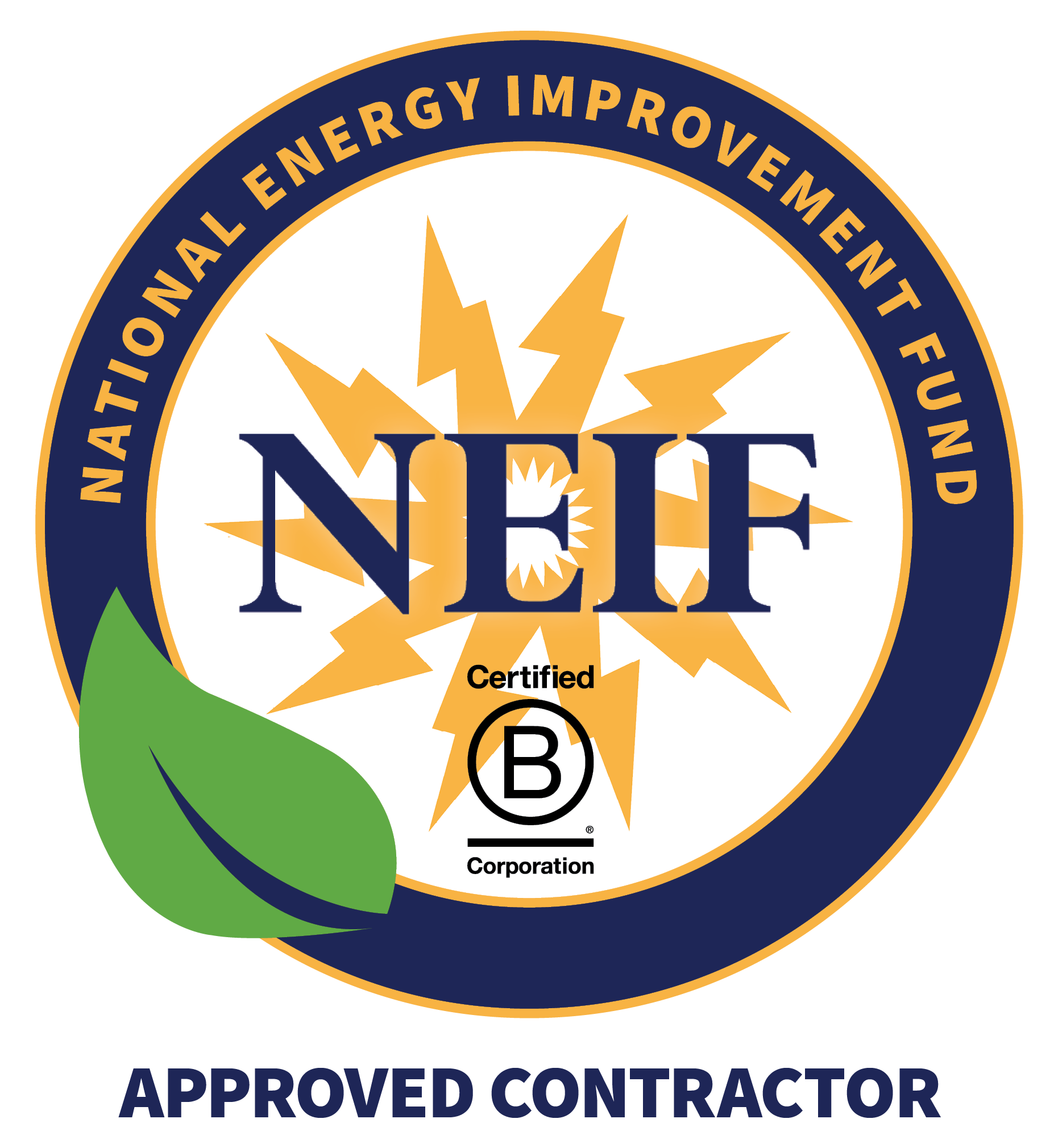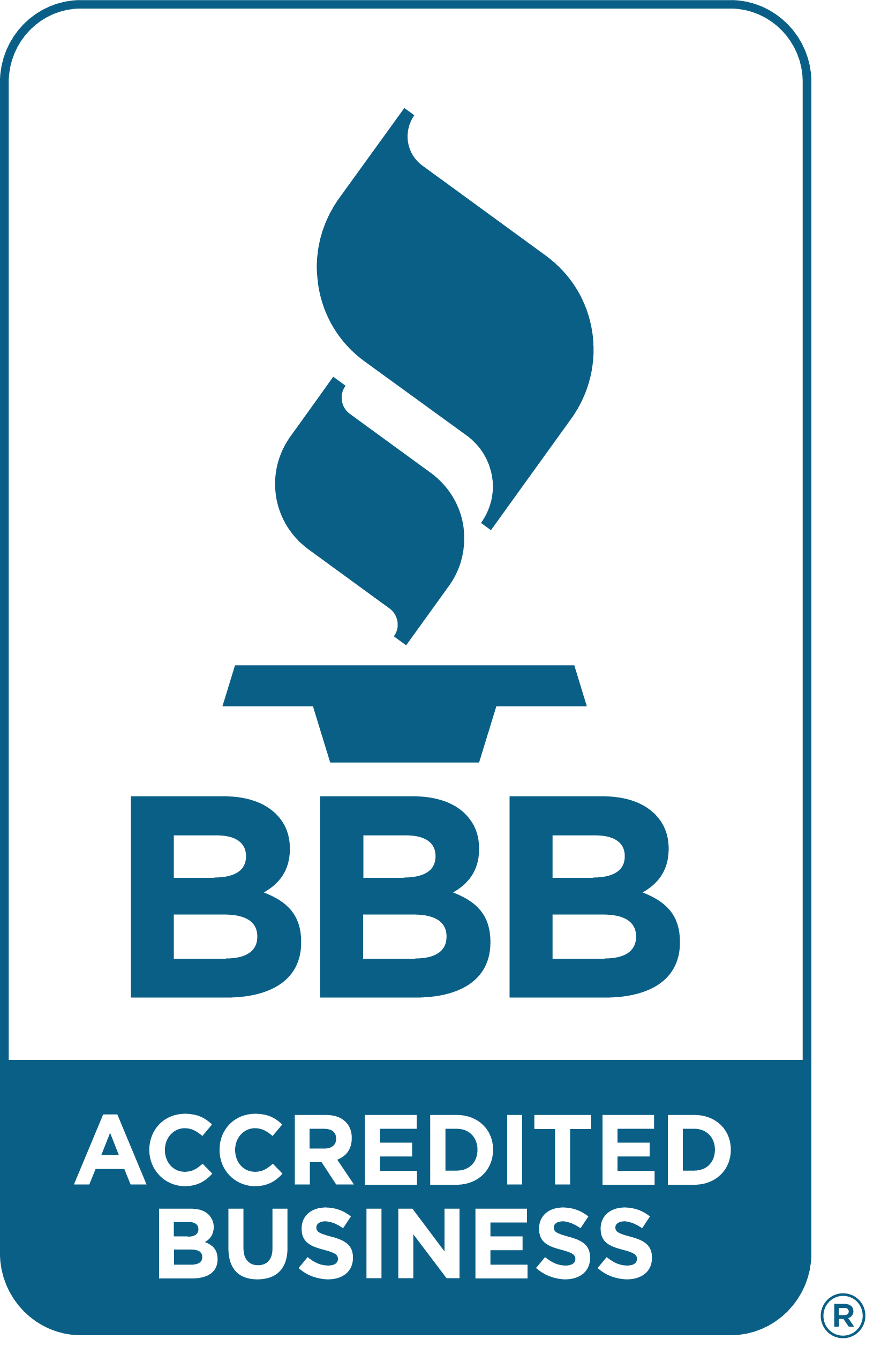When you turn on your furnace, you expect it to circulate heated air throughout your Philadelphia, PA, home. On a regular day, you may not even notice your furnace, but on other days you may notice an unusual odor. Below are five furnace odors you shouldn’t ignore.
1. Chemical Odor
There are multiple reasons you may detect a burning oil odor. You may smell burning oil because the furnace isn’t completely burning the fuel, allowing gases to build up that could get released into your home. You should also ensure that nothing can fall against your unit or come too close to the pilot light if you have an older furnace.
2. Dirty Sock Odor
If you smell an odor akin to dirty socks, this could be a sign that you have bacteria buildup in your system. Bacteria can fester when condensation doesn’t drain properly, and moisture is allowed to accumulate. Such an issue can severely impact your indoor air quality.
3. Electrical Burning
If you’ve ever stood outside during a thunderstorm, which isn’t recommended, you may have smelled ozone. Your furnace can create a similar electrical smell as it ages by drawing additional power to force a blower motor to work when it wants to bind up due to worn bearings. This can cause electrical sparks or melted wires.
4. Musty Odor
You can expect dusty or musty odors when you haven’t used your furnace for a while. While the dust that collects in your unit and air ducts burns off eventually, you can reduce the dusty and musty odor by wiping off your unit before using it for the first time in the season.
5. Rotten Eggs
Natural gas is not only highly flammable but dangerous when you inhale it. However, it has no odor or color, so gas companies add a chemical that smells like rotten eggs to alert people to a gas leak. You should always take a gas leak seriously and exit your home before calling a professional.
Whether you have a furnace or boiler, you want your HVAC system to last as long as possible. Contact us at AirMaster Heating & Cooling Specialists today to make an appointment and see how HVAC maintenance impacts the efficiency of your HVAC unit.






